Social Science


your time!



your time!
• Learning experience: The importance of making cities accesible to everybody is raised by an image of a boy in a wheelchair at school.
• Target in action: In pairs, analyse how we move around the locality. Are there any barriers that make it difficult?
• Learning experience: Taking the image of a park in which different workers are taking care of the city, we will study how all jobs are important.
• Target in action: List the reasons why all jobs matter.
• Learning experience: Starting from a brief text and image of a boy and a girl discovering a natural landscape, we analyse the different ways to find our way around.
• Target in action: Draw a map of your school and use it to guide you.




• Learning experience: The picture of the boy and the girl collecting rubbish helps us reflect on how to take care of landscapes.
• Target in action: Give ideas on how to preserve your environment and share them with your classmates.


• Learning experience: Starting from a motivating image, we reflect on the importance of water for our health.
• Target in action: Brainstorm the importance of water for our health.
• Learning experience: Based on the initial image, we will learn how to organise our time so that we can make our homework and have fun.
• Target in action: Give ideas about why it is important to use the school calendar and planner.
• Where do you live?
• The Town Hall
• How is the municipality organised?
• Crossing carefully
• Let’s go to a festival!
• Going back in time
• In the city
• In the village
• Going for a walk
• Look!
• Jobs
• Natural or man-made?
• We want to go...
• Follow the arrow
• The blue planet
• Around the Sun
• The Earth moves
• And at night... the Moon
Competence-based activities
• Elections in our classroom
Competence-based activities
• Marmalade!
• Making an advertisement
Competende-based activities
• The Moon and its shapes
• Around the world.
• I can see the peak!
• No slopes!
• What is there near the sea?
• Strong as a rock
• Taking care of my landscape
Competende-based activities
• Creating a face with rocks and minerals
INTERDISCIPLINARY PROJECT · A commitment to birds: Do you like feeding them? Remember they also drink water?
• Water changes!
• Water in nature
• Taking care of water
• Air to live
• Atmospheric phenomena
• The weather
• Yesterday, today and tomorrow
• What I’m doing now
• Checking the calendar
• Travelling to the past
• Learning from the past
• Protagonists
Competende-based activities
• Experimenting with water
Competende-based activities
• My solidarity calendar
INTERDISCIPLINARY PROJECT · An image is worth more than... Up Close: Support shopping in your neighbourhood! INTERDISCIPLINARY PROJECT · TICK-TOCK. Smile! The Past: Photograph it at different times!













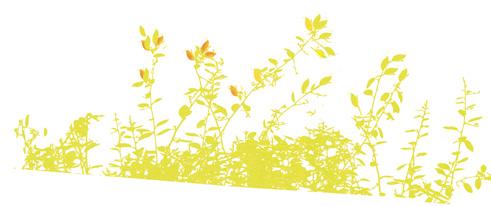

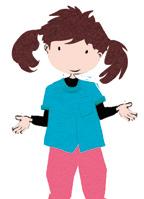
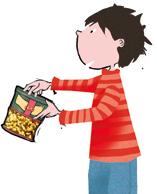
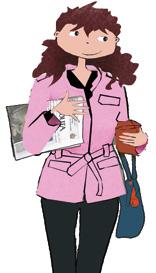
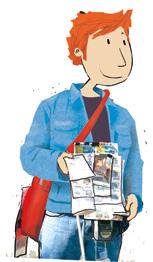
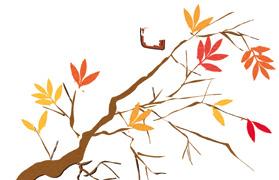
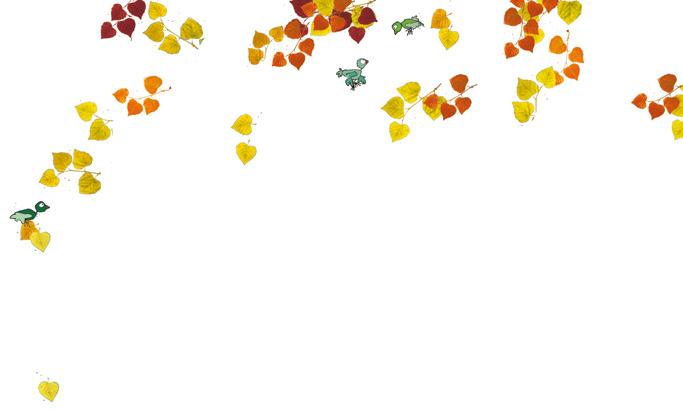



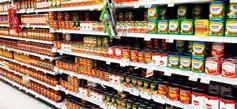
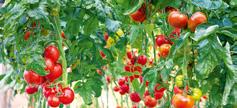
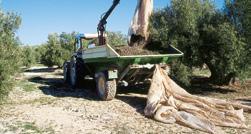
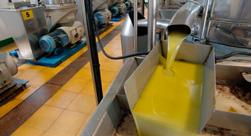


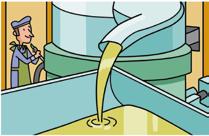
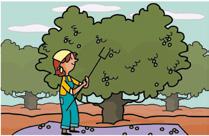
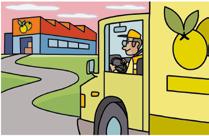


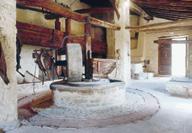
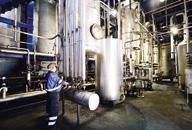




Colour like this: need help I don’t know how to do it

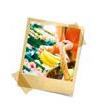

Care for and respect landscapes I know how to do it



What types of landscapes are there?




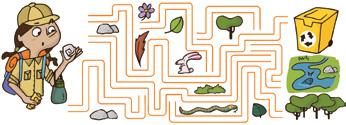
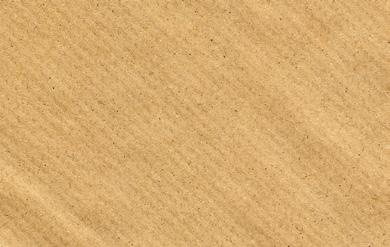
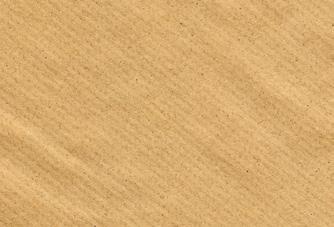


All jobs are important. Can you think why? all the factors.
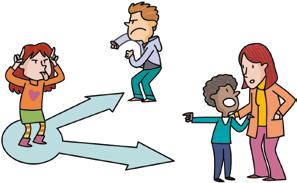





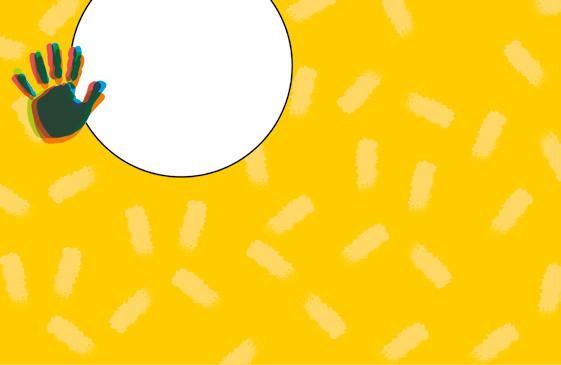
Why do you think there are so many jobs?
Why do we need factories or workshops? Valuing all jobs



Why is it necessary to have a lot of people in some jobs, for example, in hospitals?





Why is to value

Whataredifferences there?
Why is it good that we respect landscapes?
1 Circle how you act in these situations.
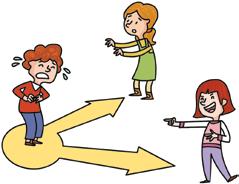
How do you access it?
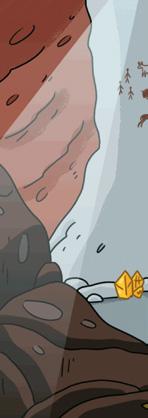
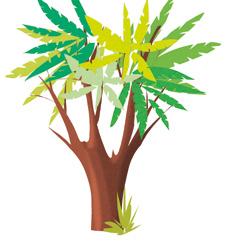
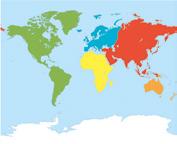

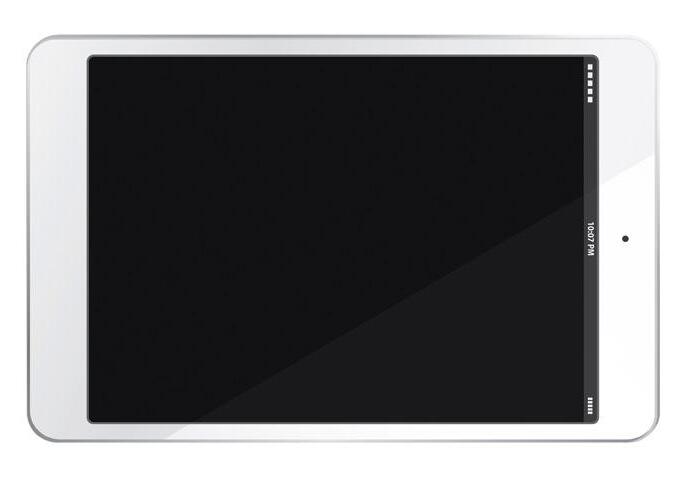
How do you access it? You have all the necessary instructions to access it next to the first page of your book.

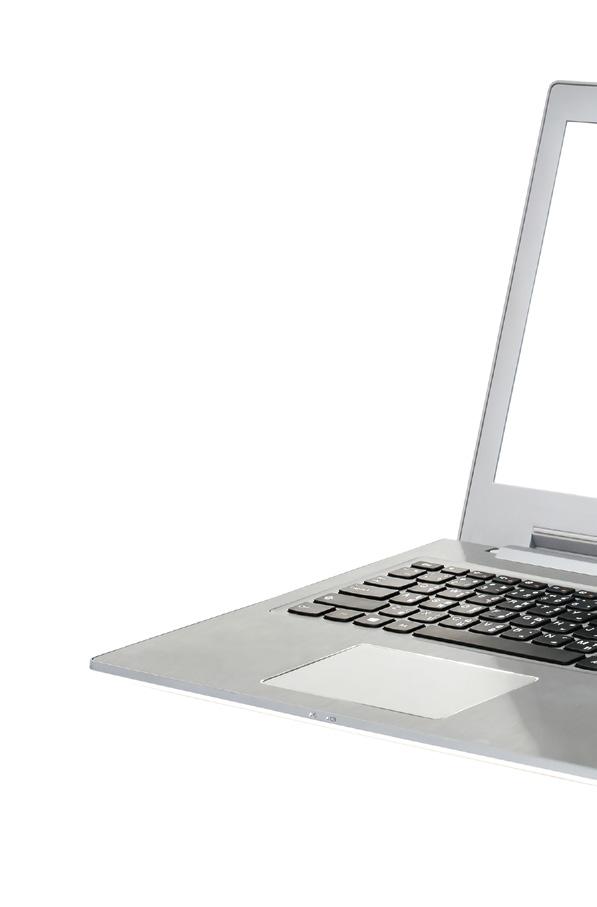
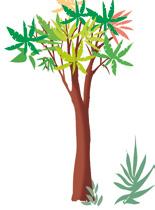


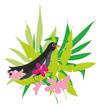

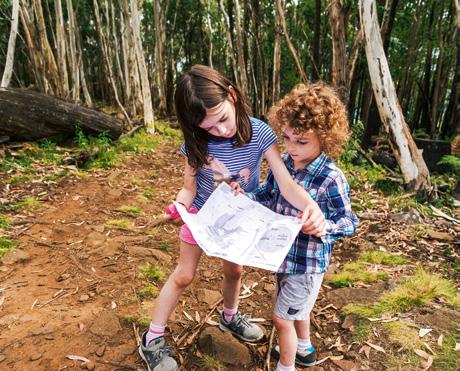




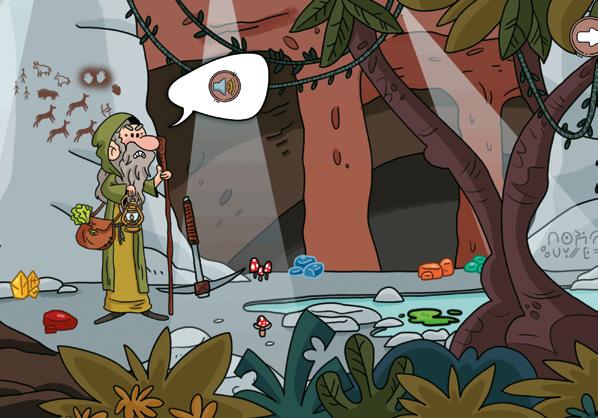
It contains diversity of resources; it is much more than a reproduction of the paper book.

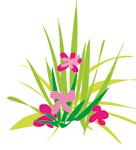
With them you can: Do exercises interactive activities Study interactive summaries, outlines... Learn audios, videos, game room…
Assess self-assessment, portfolio...

A global response for a diverse educational environment.
Intuitive
Easy to use.
You can use it with any type of device (computer, tablet, smartphone...).
Downloadable
It allows you to work without an Internet connection and download it on more than one device.
Synchronically
Any changes you make are automatically synced when you connect to any of the devices you’re using it on.

Universal Compatible with all operating systems, virtual learning environments (EVA) and educational platforms (LMS) most used in schools.
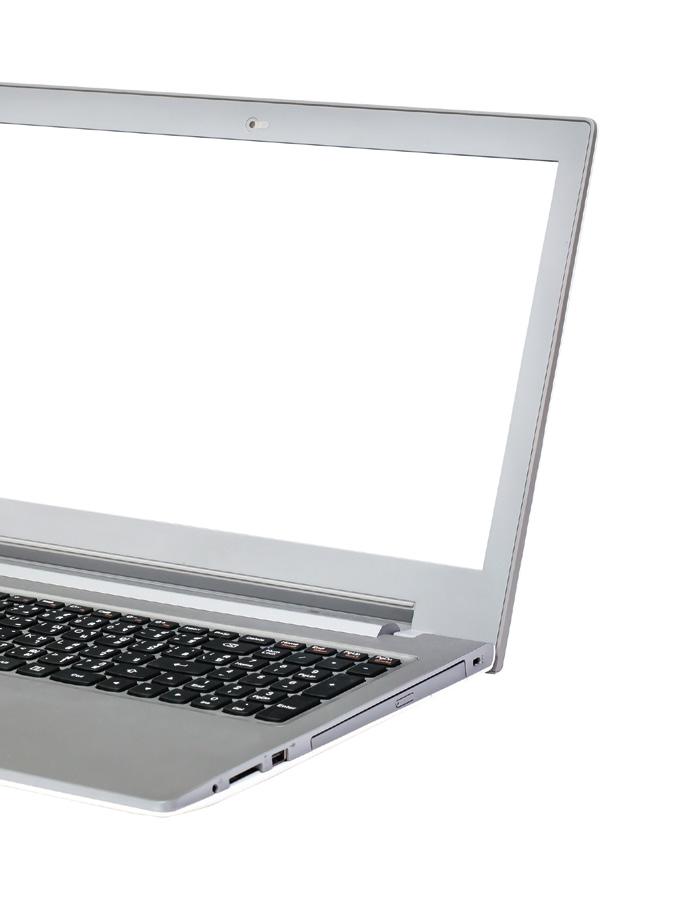

Every day we move from one place to another within our locality. We want everyone to enjoy moving around without difficulties.

What do you think?
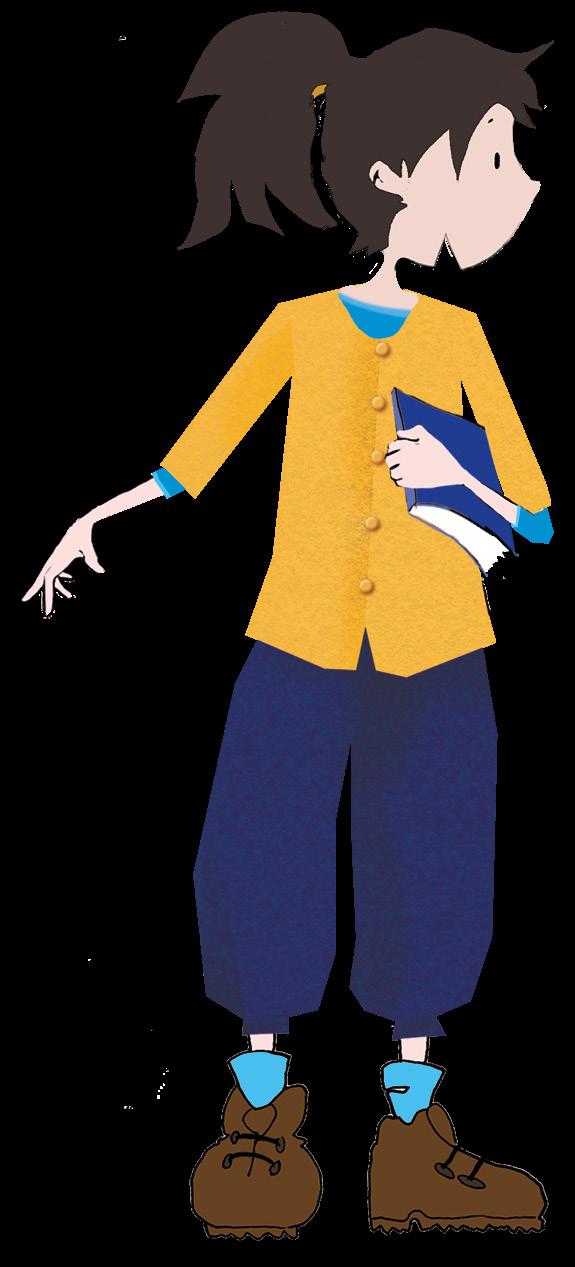
Has anywhere in your locality got ramps?
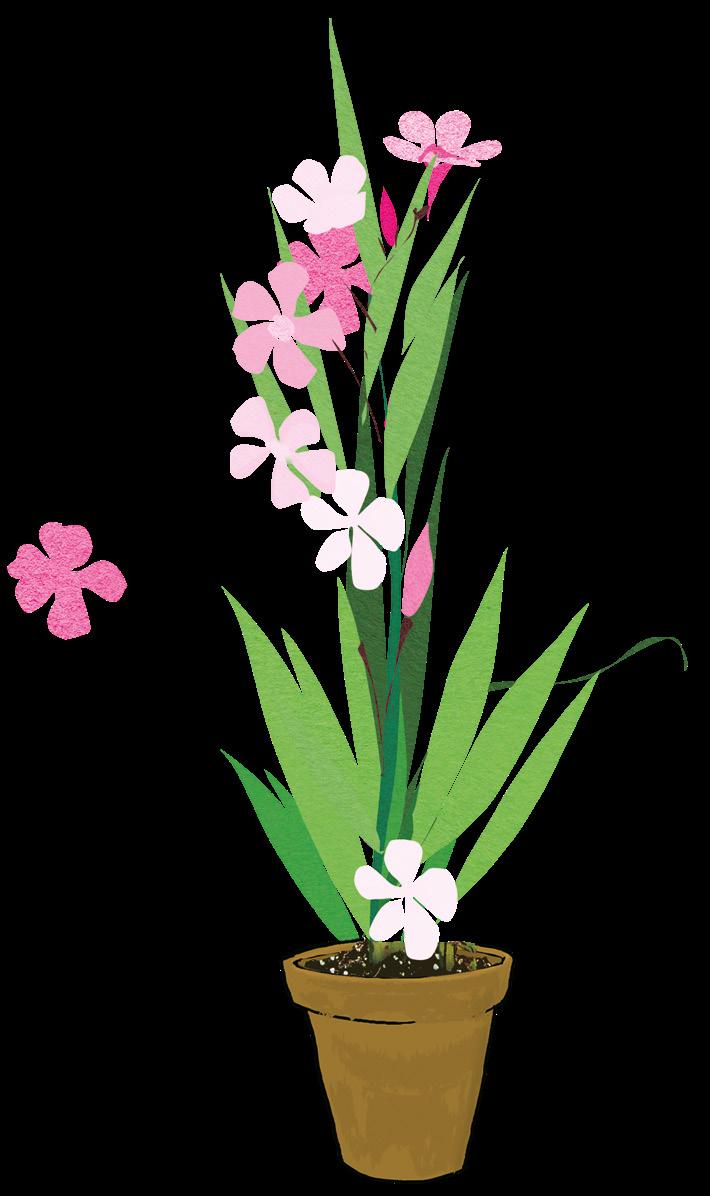
Are elevators in tall buildings important?
How can people in wheelchairs move easily?
In this unit ...


In pairs, analyse how we move around the locality. Are there any barriers that make it difficult?
Follow the thread!
The Town Hall 1 2
Where do you live?
3 6 4 5
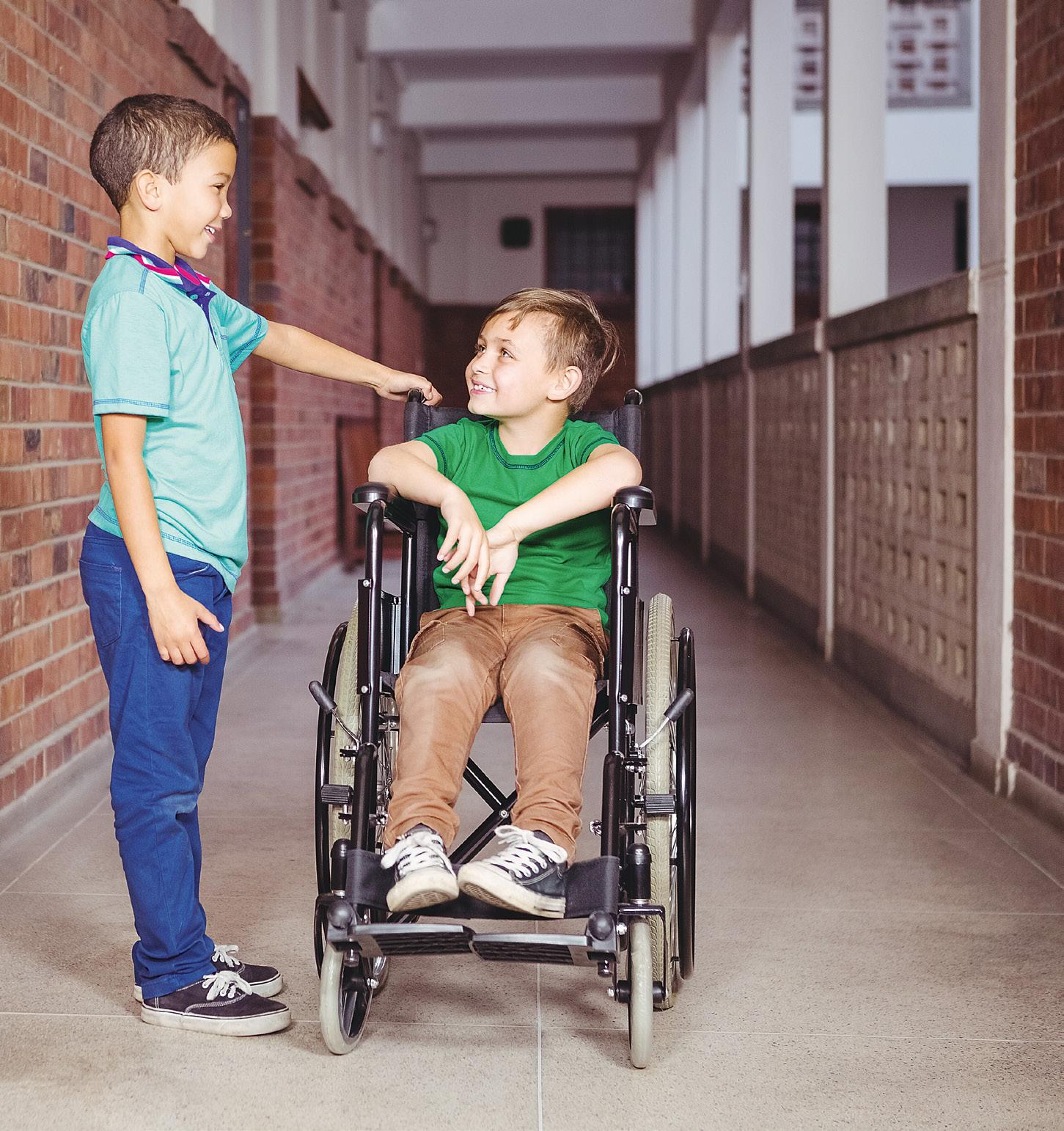
How is the municipality organised?
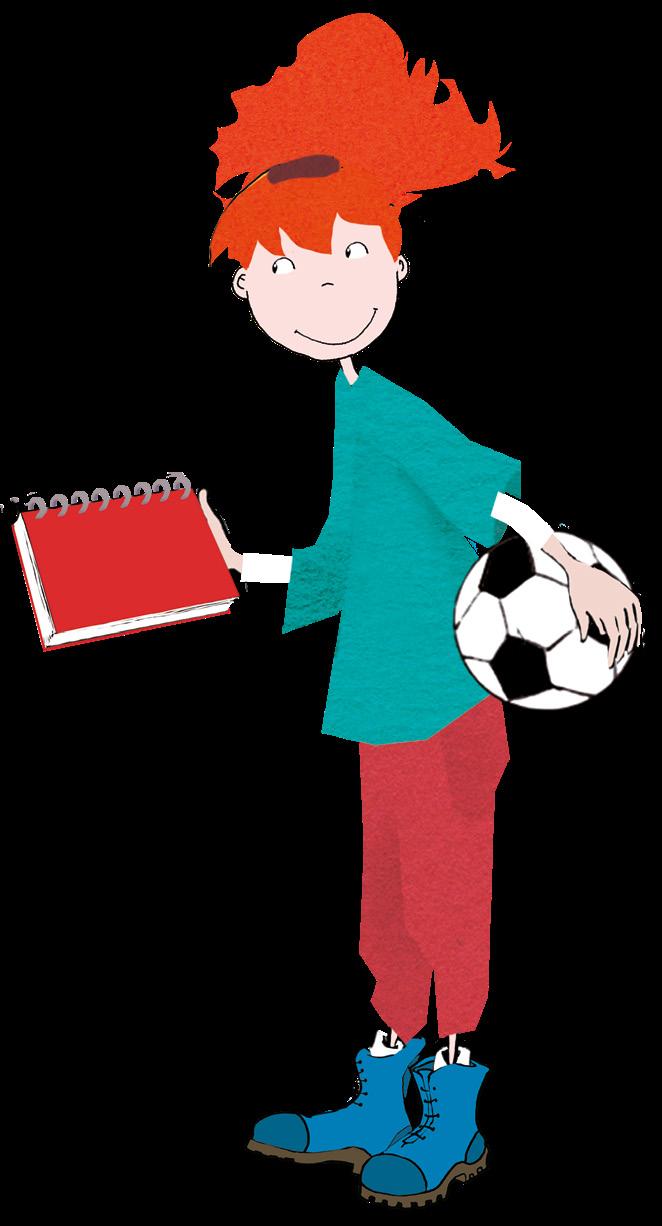
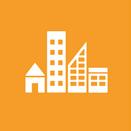




Let’s go to a festival! Crossing carefully
Going back in time

The locality is the place where we live. There are two kinds: villages and cities. There are different neighbourhoods in a locality.
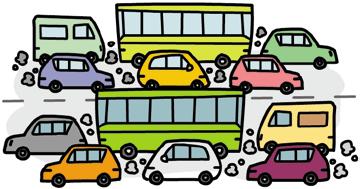
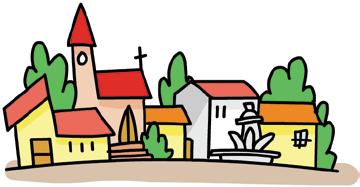
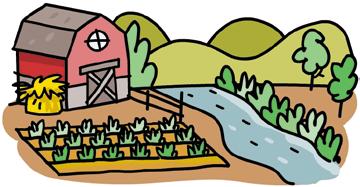
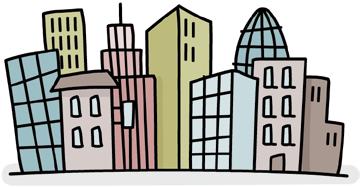
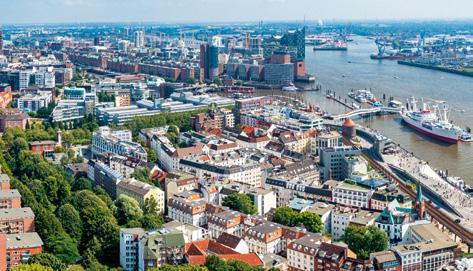
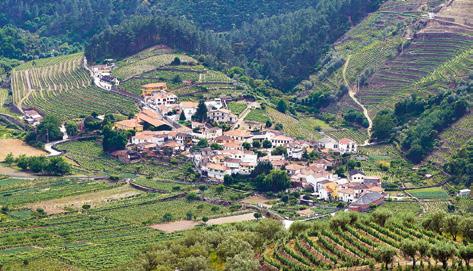
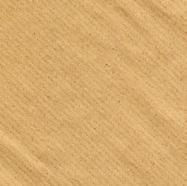
centre
What’s near to your house? Join.

Central neighbourhoods have old buildings and narrow streets.
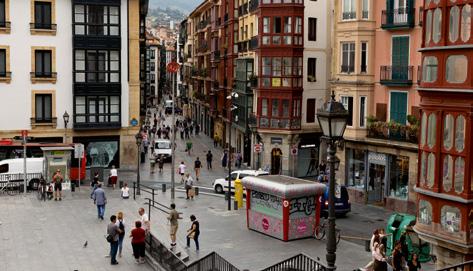
suburbs
Suburban neighbourhoods have new buildings, and wide streets and gardens.
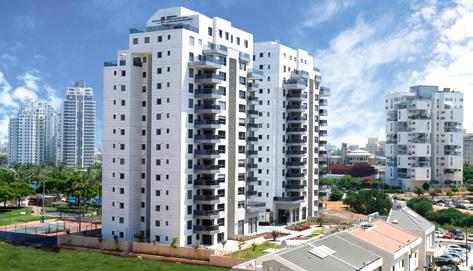
Colour three words to describe your neighbourhood. Then, draw the building that you live in.
Describe





Take note!
Knowing your neighbourhood will help you to know if it needs improvements so that people can move around it.
What is your Town Hall and municipality like?
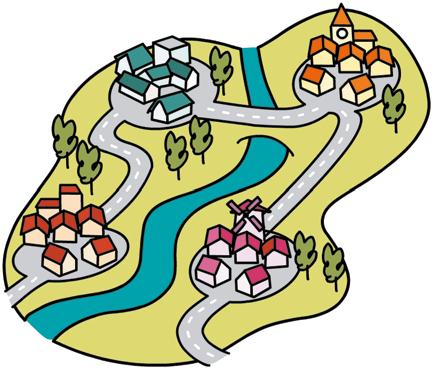

A municipality is one or more localities.
The Town Hall is a building that contains the people who govern the municipality.
The mayoress or the mayor runs the Town Hall. She or he meets with councillors. They make decisions to help the municipality, such as doing repairs, lighting the streets or collecting rubbish.
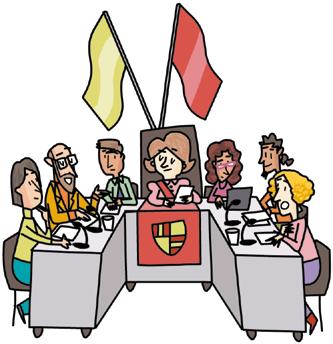
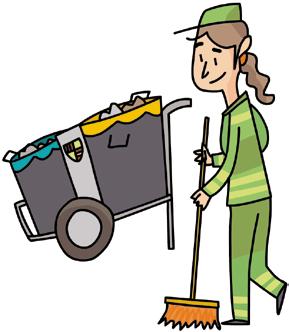
Read and write T (true) or F (false).
– A municipality has only got one locality.

– The mayoress or mayor runs the Town Hall.
– The municipality is run and managed from the pharmacy.

Cross out what is not a Town Hall.
Let’s check How does the Town Hall take care of the municipality? Underline the correct answers and copy them.


– It sells medications.



– It lights the streets.
– It fixes the parks and gardens.
– It repairs mobile phones.

Find and circle four words related to the Town Hall.
Take note!
Knowing about how your municipality is organised will help you to know how to improve it.
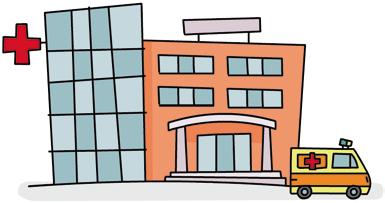
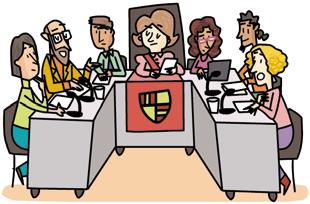

What people take care of the neighbourhood?
People who work for the Town Hall perform municipal services, cleaning, gardening, or security services.

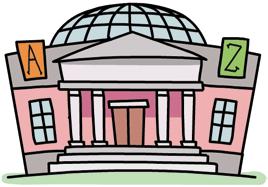
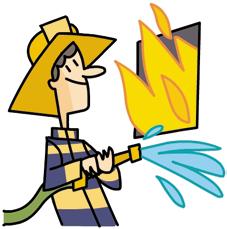

The fire department and library staff work for the Town Hall.
Many of these services take place in public buildings.
Match each person to the correct building.
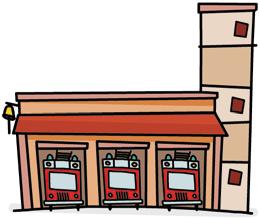
Write which worker is in charge of each task.

– Taking care of the trees in the parks.
– Collecting rubbish.
– Directing traffic.
Every four years, municipalities elect their representatives for the Town Hall in municipal elections.
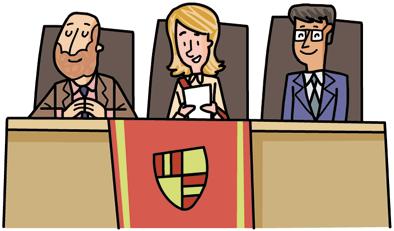
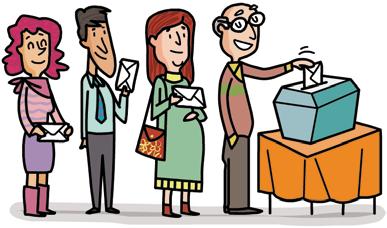
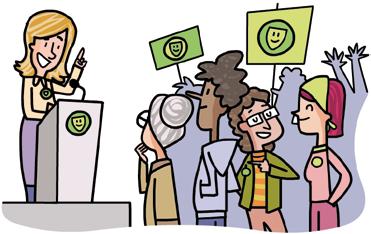

People over the age of eighteen vote.
The people with the most votes become councillors. They form the government.
Imagine winning an election in your class. How can you improve...? 3
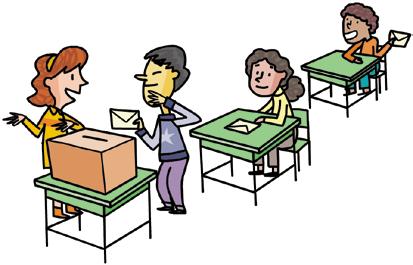
Elections in our classroom.
In class, identify who wants to be delegate. Vote for a delegate.
What are road signs for?
On the street, you must always walk on the pavement. We must cross the road with an adult, calmly, looking both ways, listening and respecting the zebra crossing and traffic lights.

In the car, you must fasten your seat belt and enter and exit on the side of the pavement.
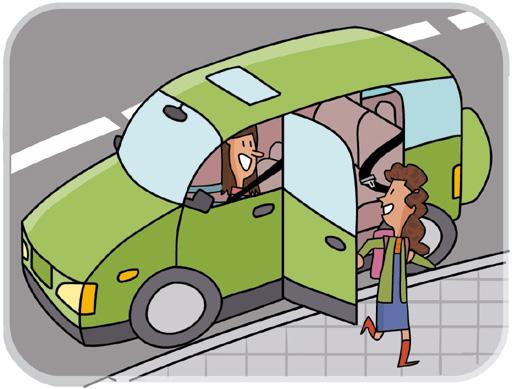
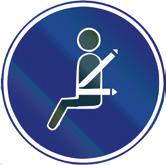
Road signs help us avoid accidents.


Read and underline the correct sentences.
– We don’t have to wear a seat belt on a short journey.
– Road signs prevent accidents.
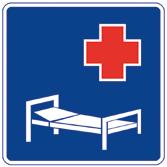
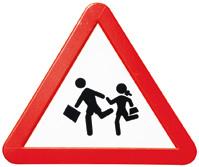
– I get in and out of the car on the side of the pavement.
– The sign indicates that I can ride a bike.
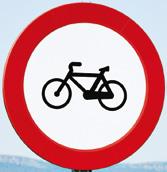

What do these signs mean? 2

Complete and colour correctly so they can cross. 3



Write T (true) or F (false).
– You cross the road without looking both ways.
– We cross the road on the zebra crossing.
– We cross the road running.
Take note!
Road signs help people in wheelchairs move safely.
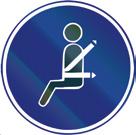
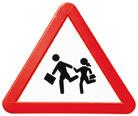
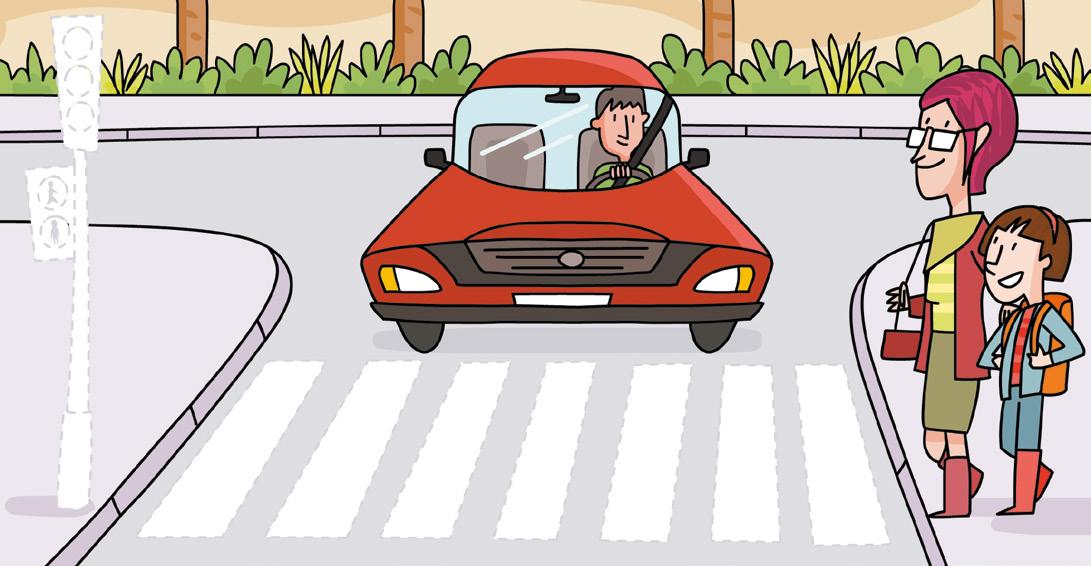
How do you get around when there are a lot of people on the street?
Festivals have been held in localities for a long time. People from different cultures take part. We must respect different cultures.

Write the name of a typical festival in your area.
Do you know what month it is celebrated in?


What do you like about it?
Imagine describing the festival to a classmate from another culture who doesn’t speak your language. How can you do it? Draw a picture of the festival.

There are typical foods, costumes, music and that are different to normal.
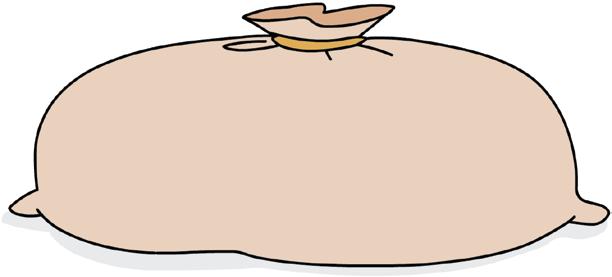
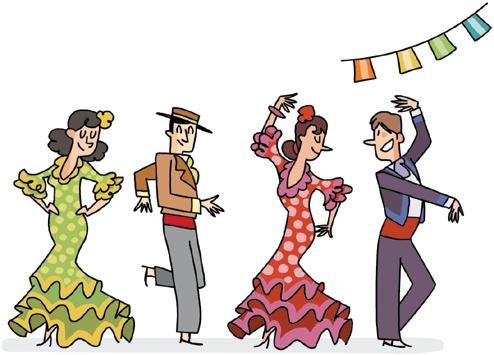
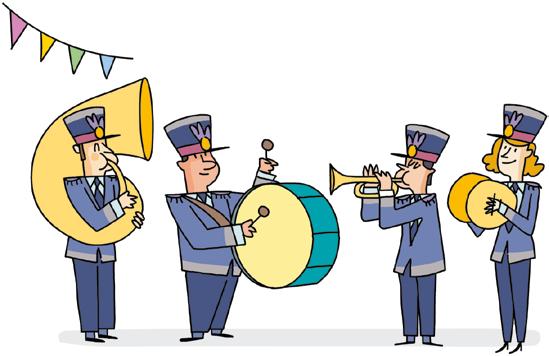
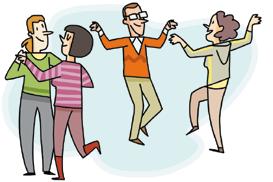





Take note! »r:; TUs~òp:; NOhi† »m45u<=s~ò† *+hiu67 45t45u45r:; TUs. WÀÞ *+d45 67 fg |} HIr:; HIn45† D
Write what each image represents.
What do you want to see at the next festival? 5

Why do museum routes go in a circle? Look
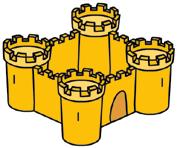
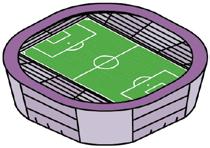



Monuments, paintings and sculptures form part of our past. We must take care of them.
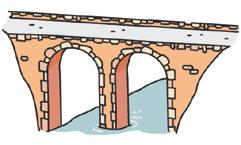
Title Artist
Las tres hermanas Joaquín Sorolla
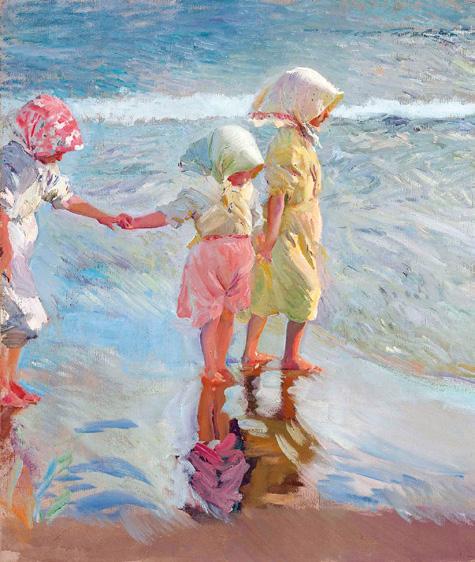
What can you see in the painting?

What colours are in the painting?
The sculpture is not complete. Can you finish it? 3
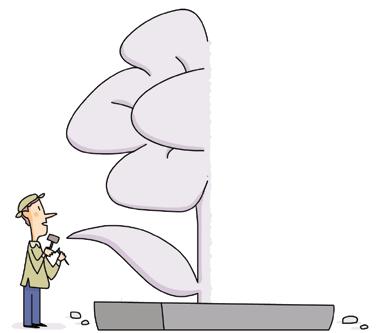


Discover the two correct paths.
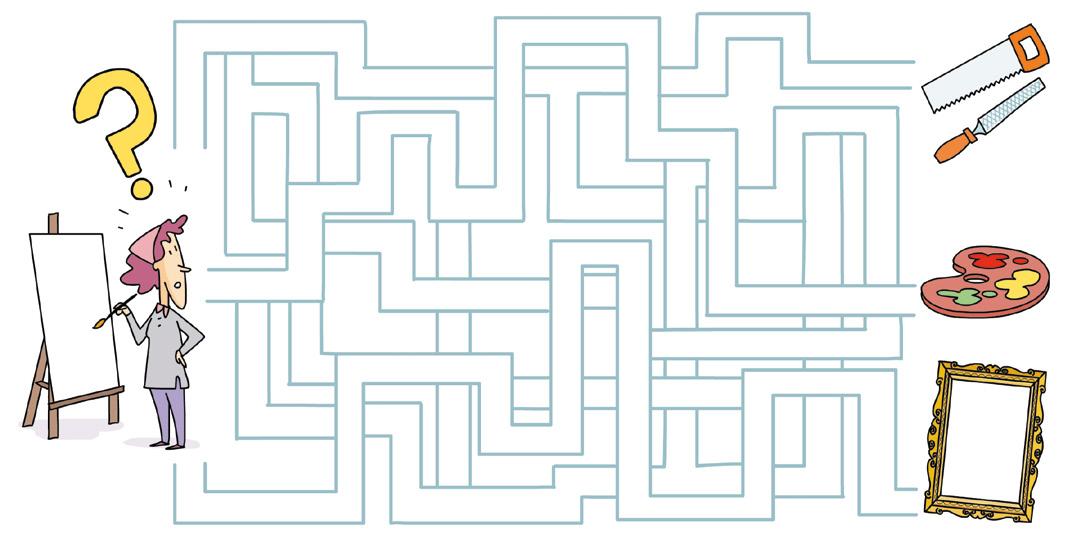
What does this image mean in a museum?
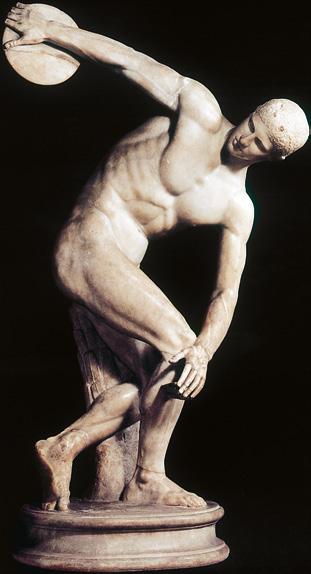

Idea’s pool What does this sculpture represent? Give it a title.
Do you think it is very old?



Debate with your classmates.
Take note!
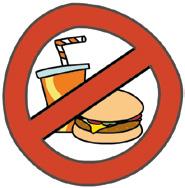
People in wheelchairs can move around museums if the entrances and exits are large.


1 What can we find in our neighbourhoods? Form words.
2 Underline the correct phrases:
– A municipality has got several Town Halls.
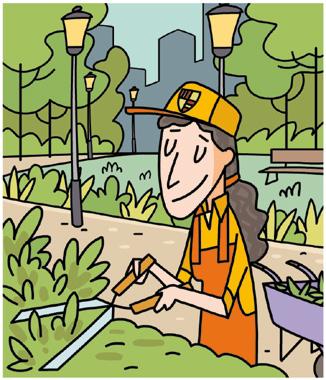
– A mayoress or mayor runs the Town Hall.
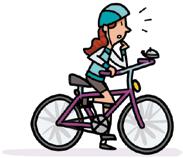
– The people who live nearby are neighbours.
3 Write who she is and what job she does.
4 What does this sign indicate?
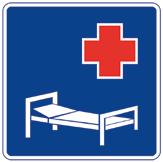

After observing the streets and nearby squares, think and respond in pairs.
1. What elements are there in the locality that help people with difficulties moving around?
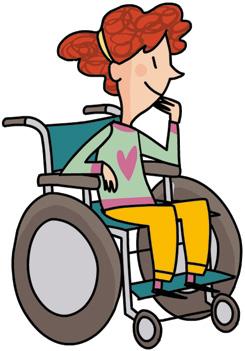
2. Are they in all the necessary places?
3. How can we improve mobility? Pupil A
We can fix it… Pupil B
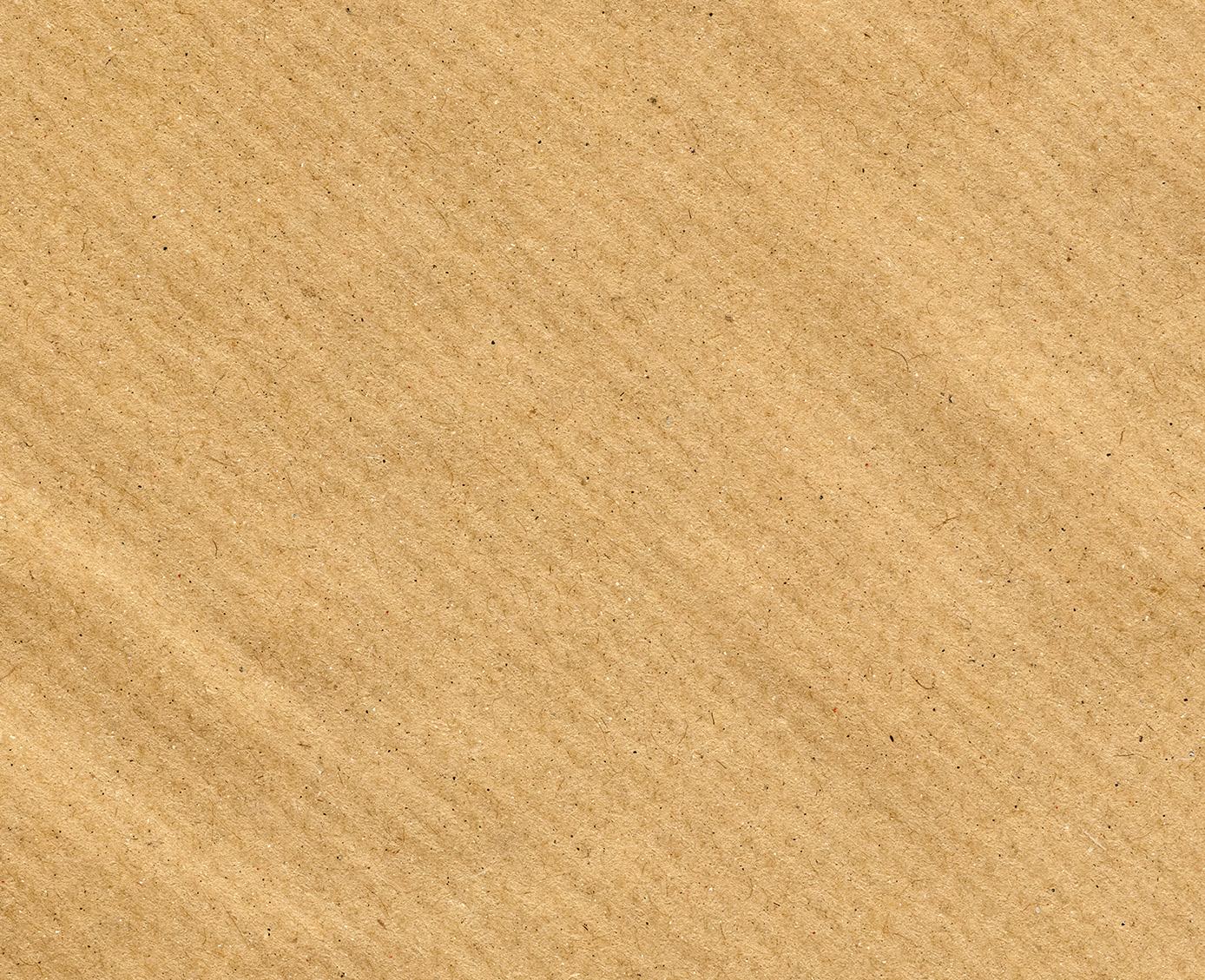
A + B
It is necessary to avoid…
It is important to adapt the spaces to people’s different needs. Your opinion counts!
L e t’s reflect?
1 How do you feel? Join.

– Reading.
– Colouring.
– Writing.
– Participating in group activities.
– Doing individual activities.

People work in the park to keep it clean. They take care of the plants, sweep and collect the rubbish, fix the swings...
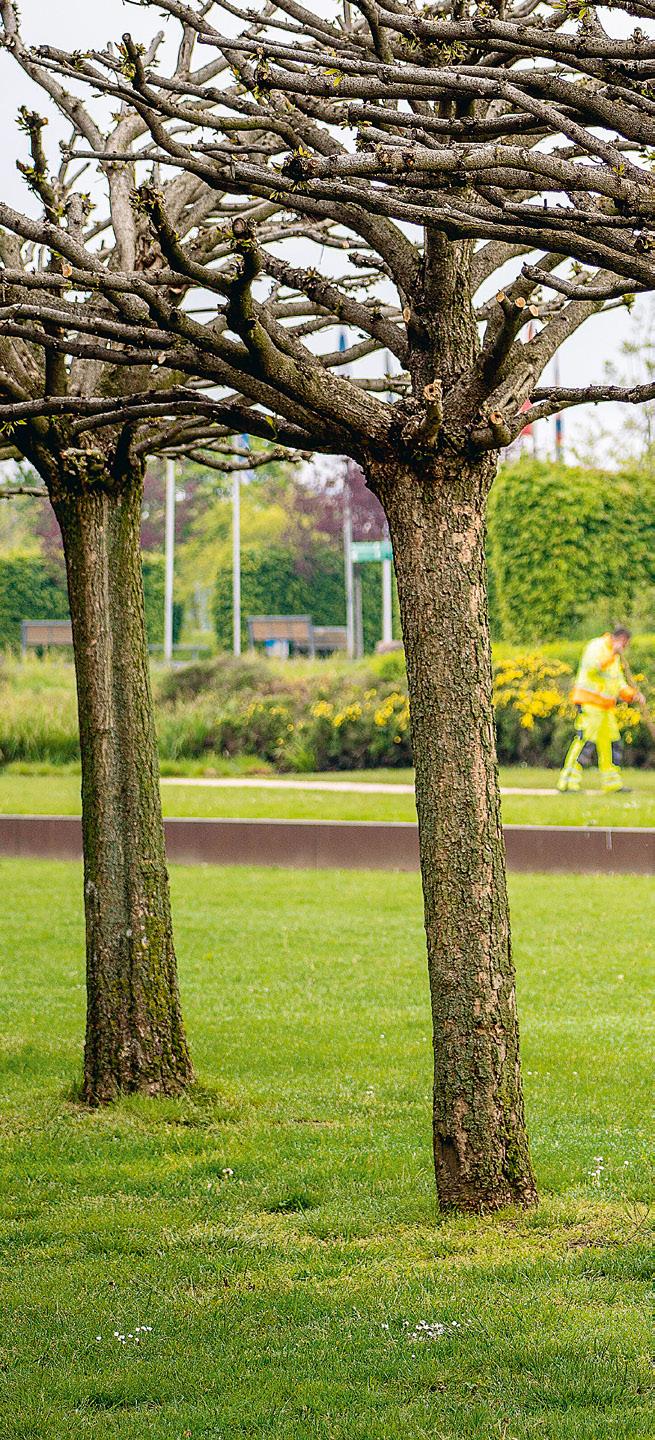
What do you think?
Do you know which workers care for your park and keep it clean? Who do you know that takes care of a place?Are these jobs important? Why?
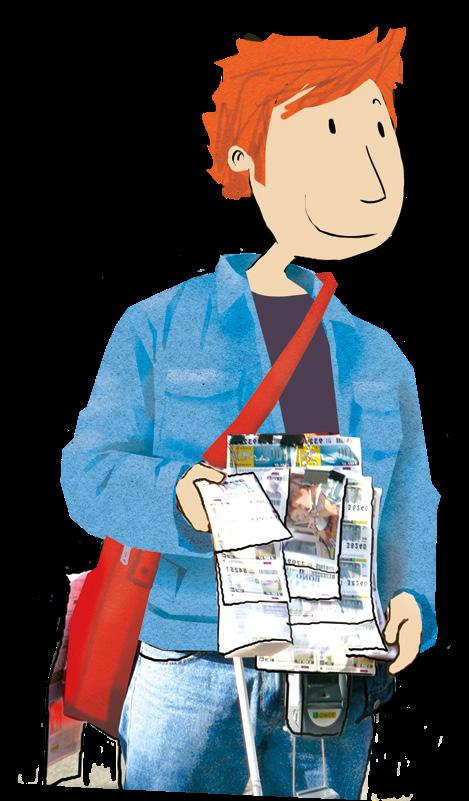
In this unit...
List the reasons why all jobs matter.
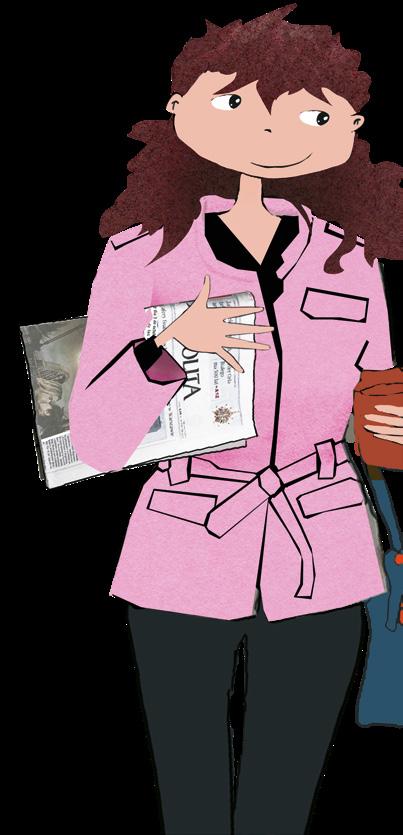
Follow the thread!


Nature is rich
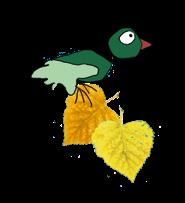
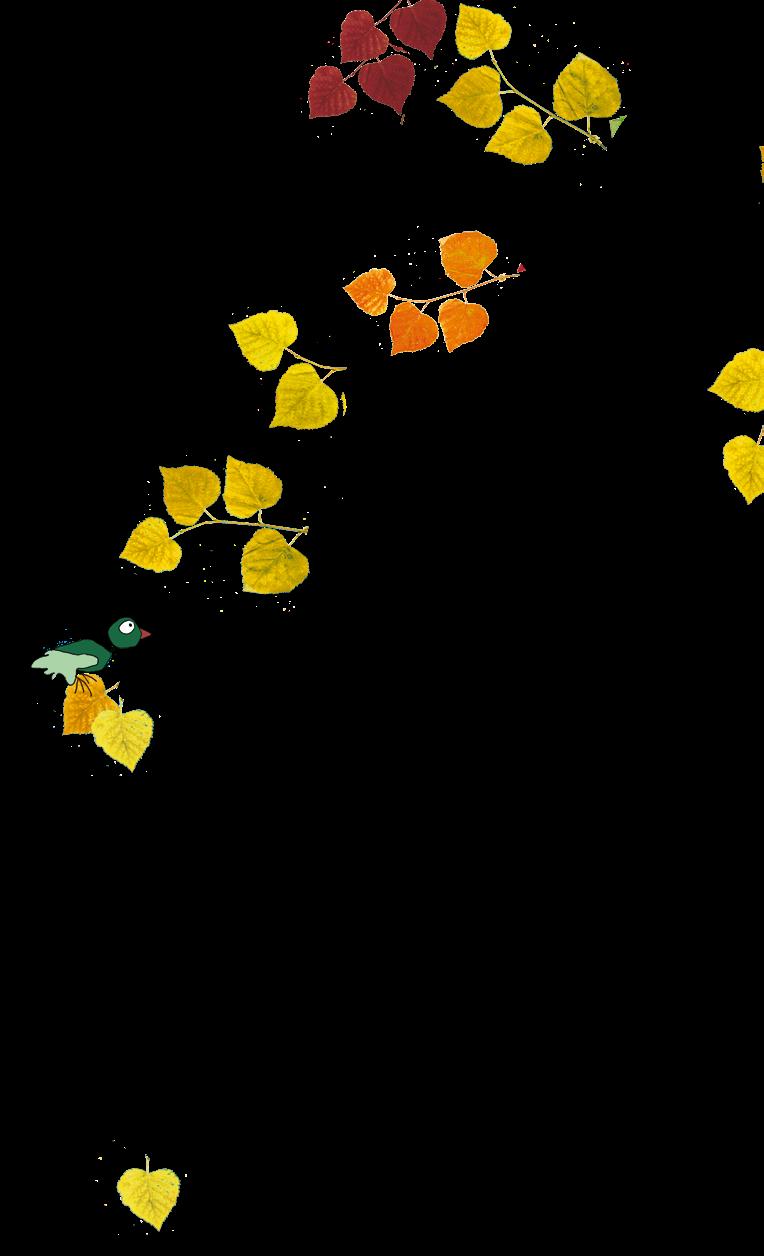
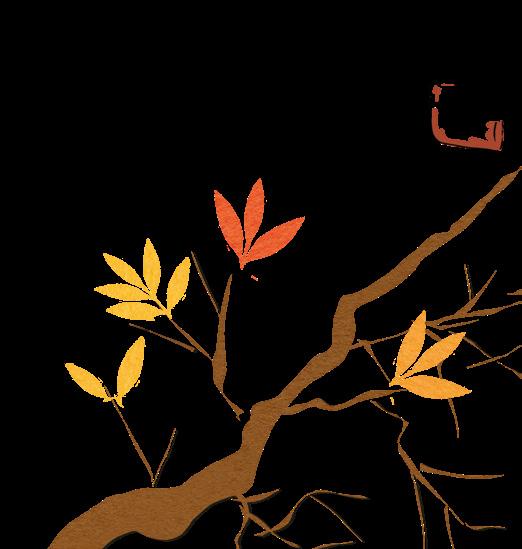
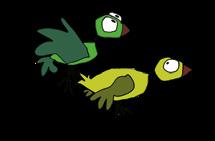
Making products


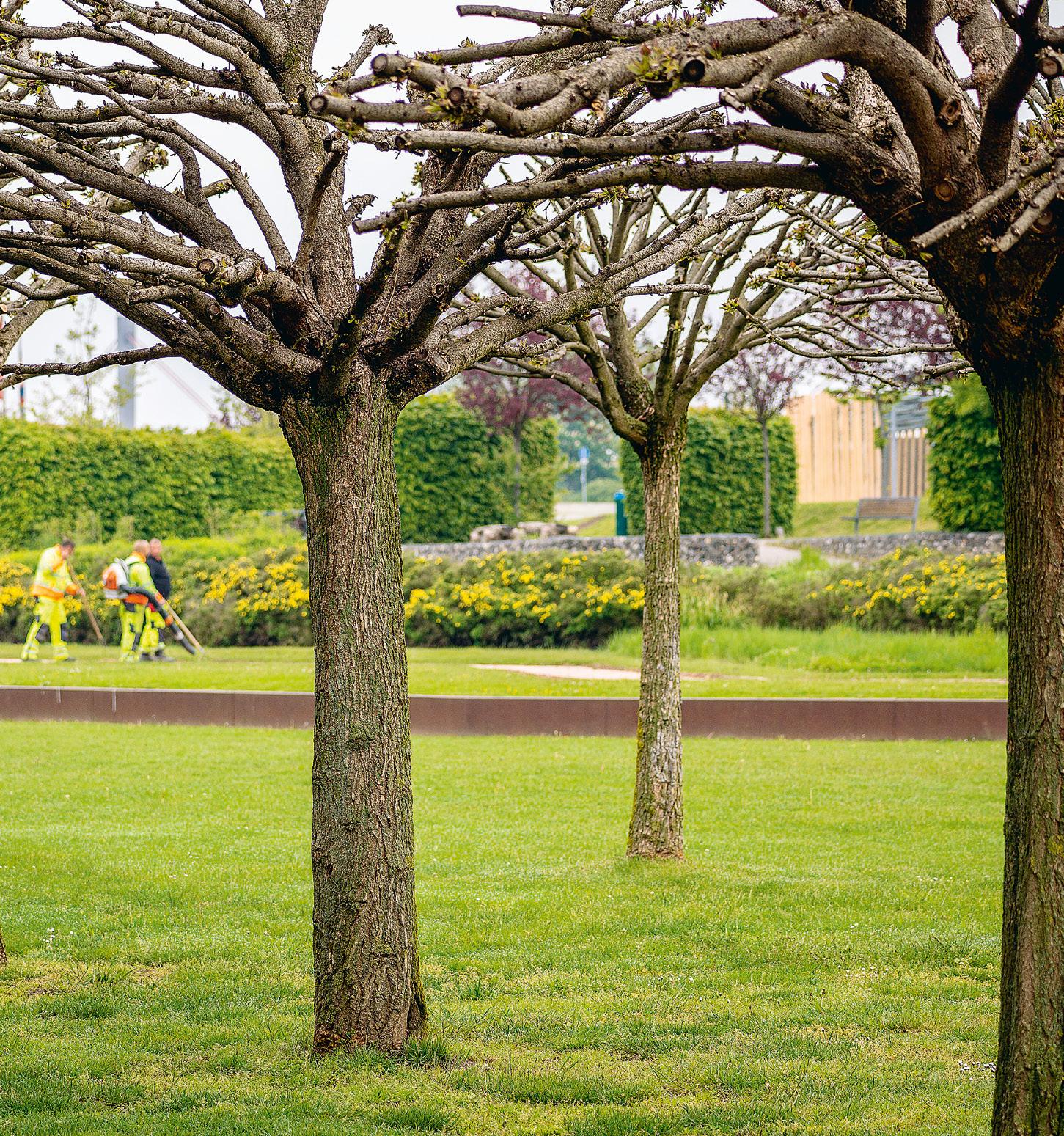

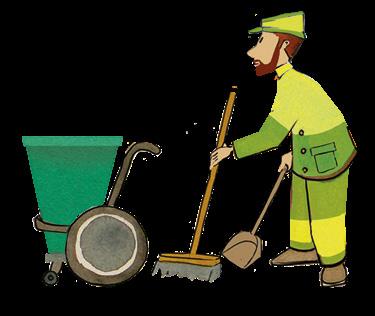



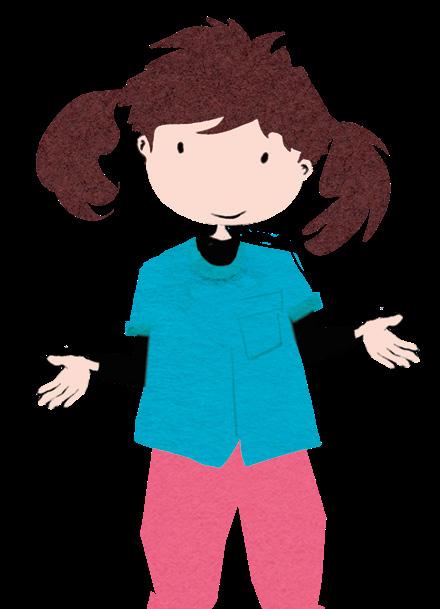
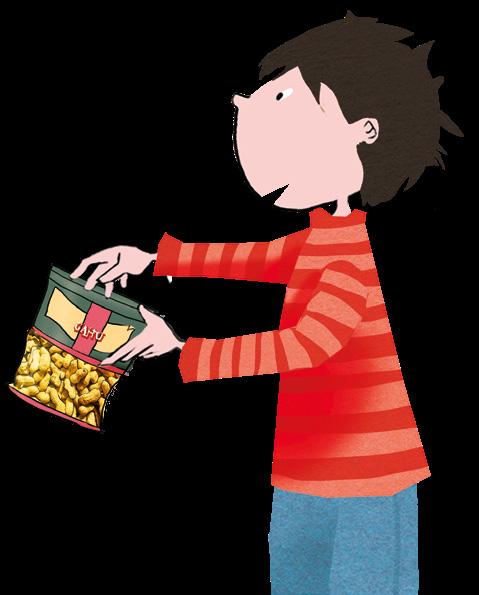


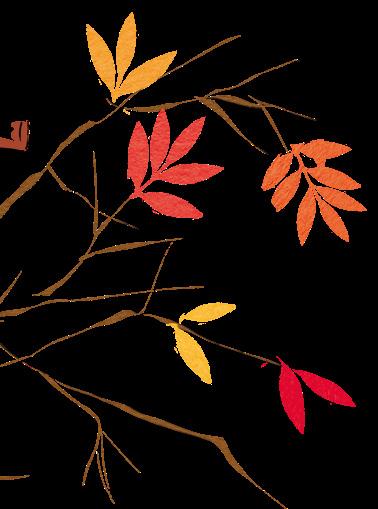
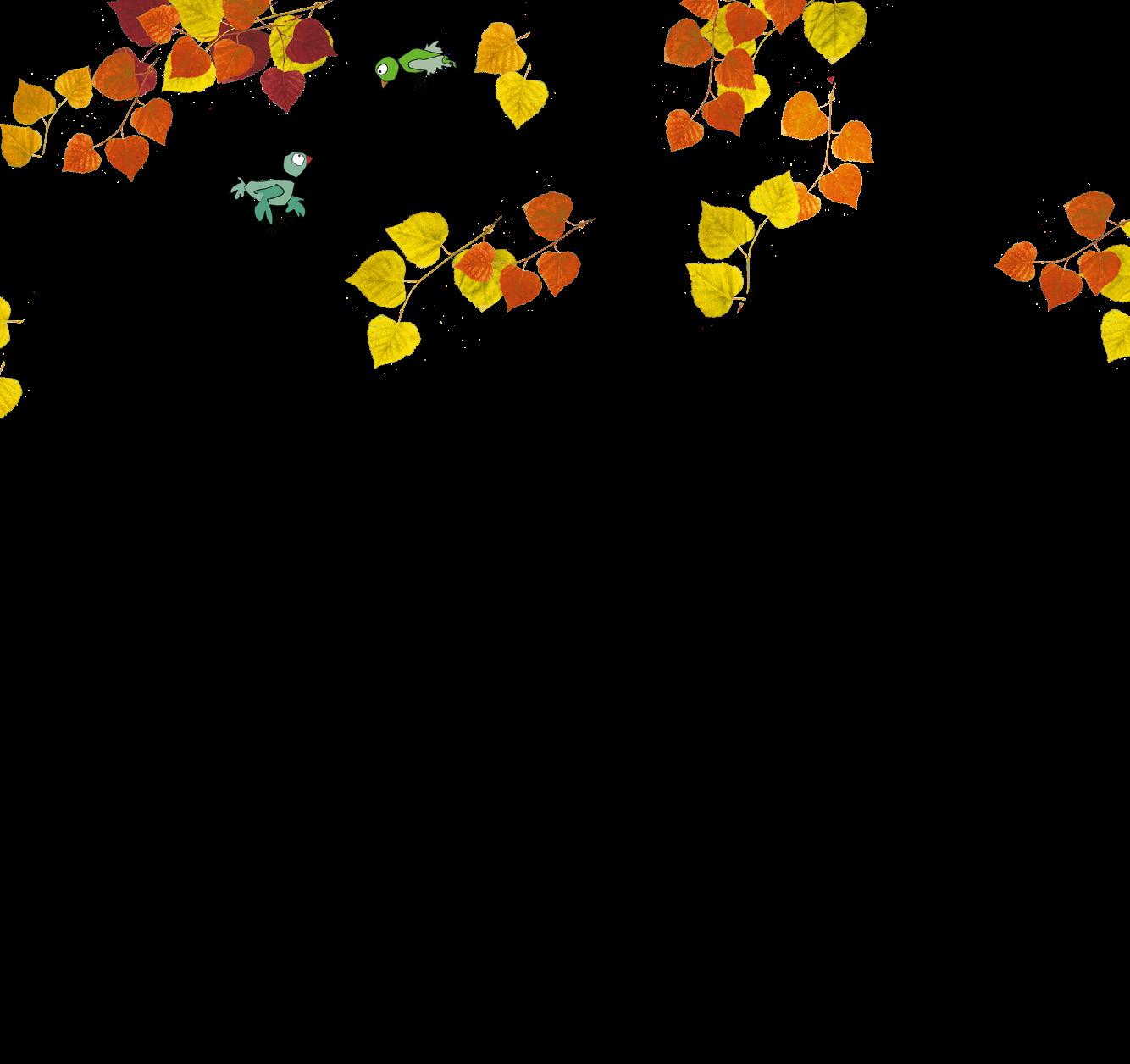
Food and other materials are obtained through working with nature. They are natural products. They feed us or we transform them. Jobs that work with nature are:
farming fishing
farmer
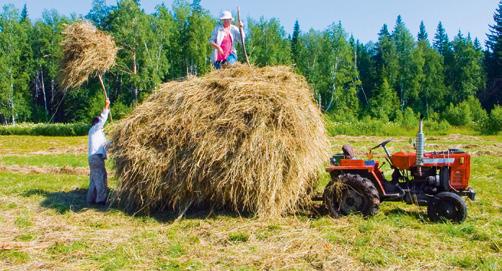
raising livestock
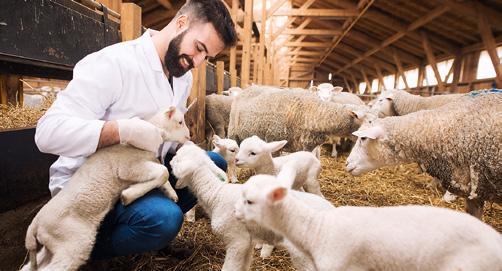
mining
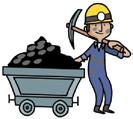
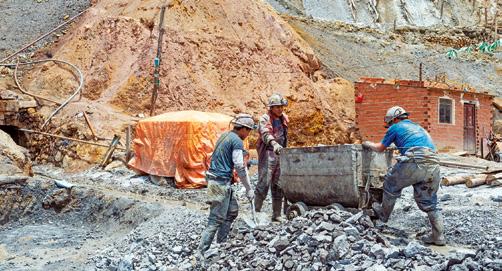
livestock farmer miner fisherman
Fishes in rivers and seas for animals such as fish or octopus.

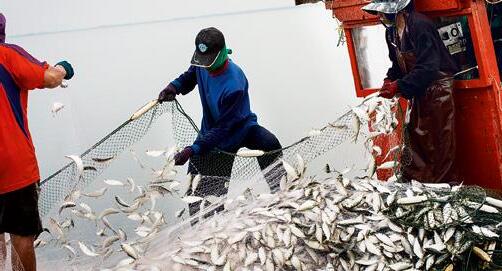
Cultivates the land and obtains vegetables, such as potatoes or lettuce.
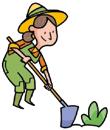

Raises animals, such as cows or pigs, for food.
Extracts rocks or minerals, such as coal or marble.
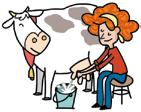








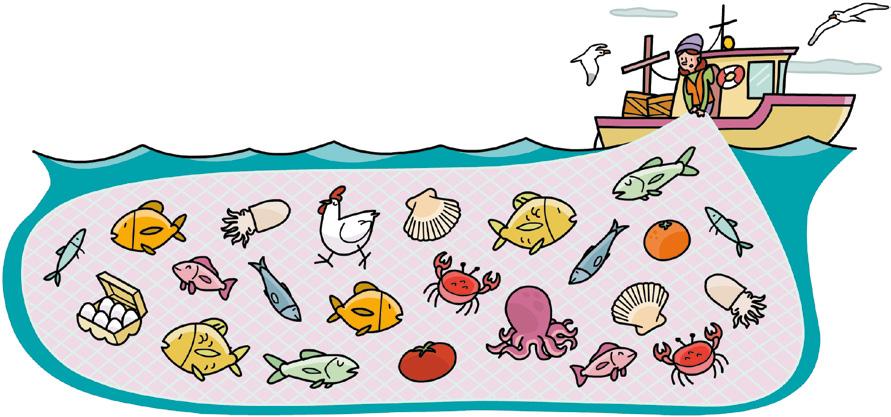
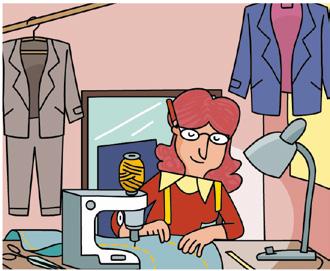
What materials is your school table made from?

Products and materials that come from nature can be transformed into elaborate products. This is done in factories and workshops.
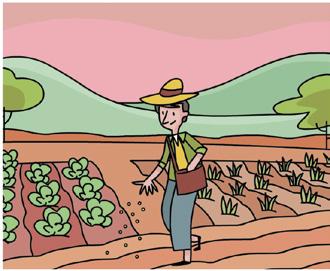


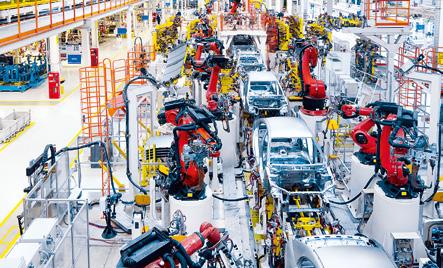
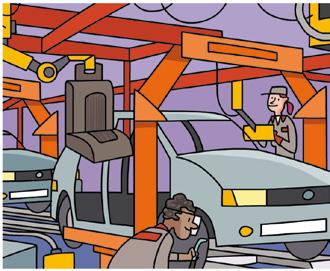

Large buildings where lots of people work with large machines.
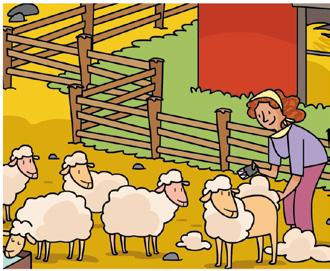
Artisans work in them. They use their hands or simple machines.
Where do people work elaborating products. Mark.
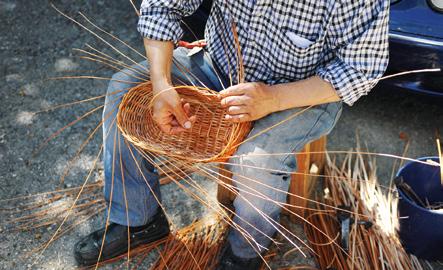
Read and complete the sentences.
are used to build houses. can be kept in cans.
to make marmalade. yoghurt and cheese.
What other uses have these work tools got? 3

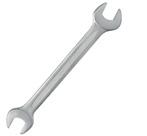

Marmalade!
• Do you know how marmalade is made?
• Do you know its ingredients?

• What steps must we follow to make it?
• Share the recipe with the class.

• Do you want to work making marmalade in the future?
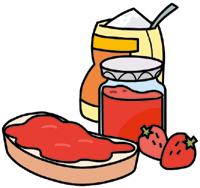





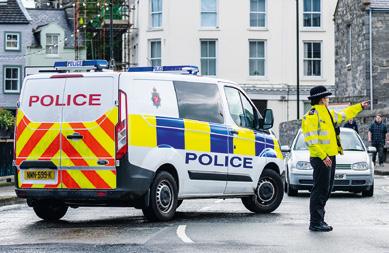
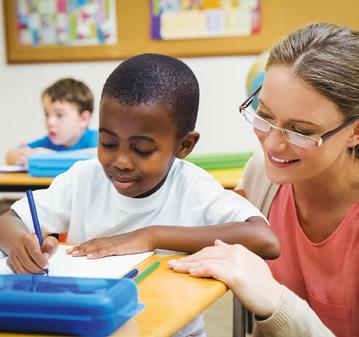
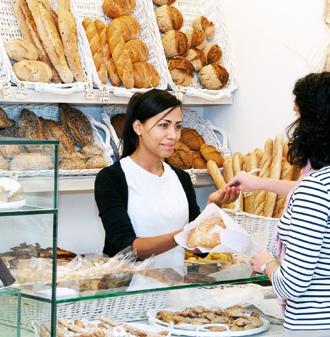



Write the places where they work.
Teacher:
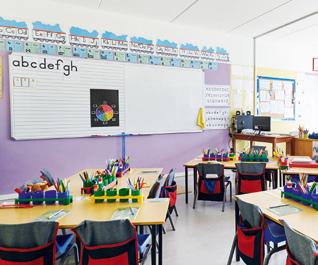
Pilot:
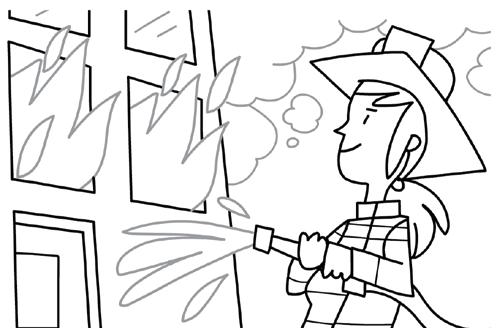
Nurse:

Saleswoman: Lorry driver: Actor:
Colour the job which provides a service.
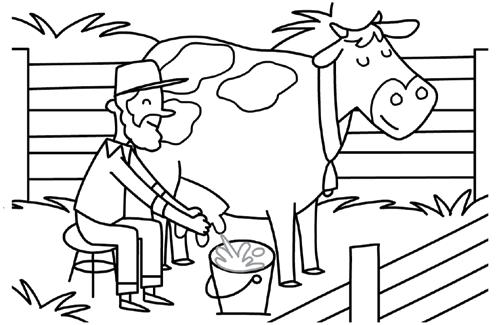
Where would you go in each case? Join.
To learn? If I am sick or ill?



To buy clothes?
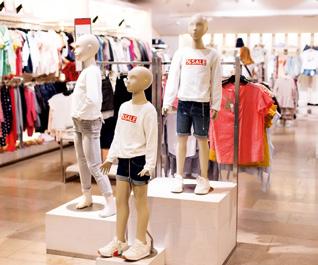

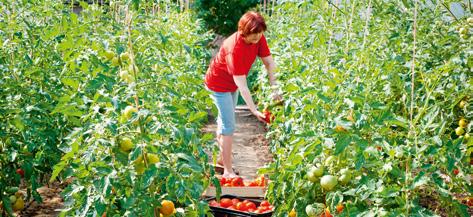
Where do we get olives from?
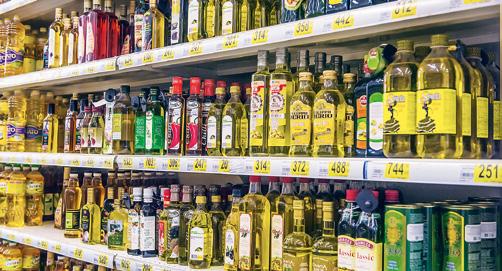
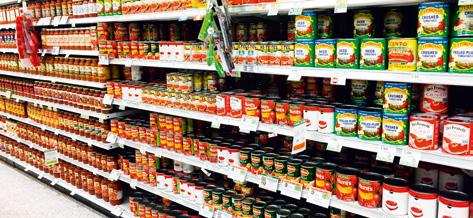
An olive goes through different phases to become olive oil. Each phase involves people doing a job. The phases are:
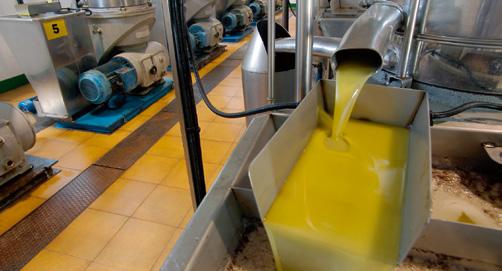
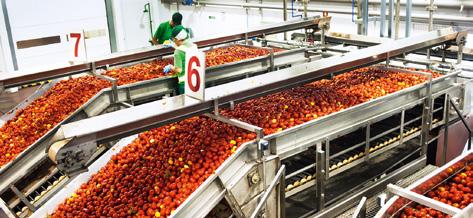

2

It is collected and taken to the factory.

Order these phases from 1 to 4.
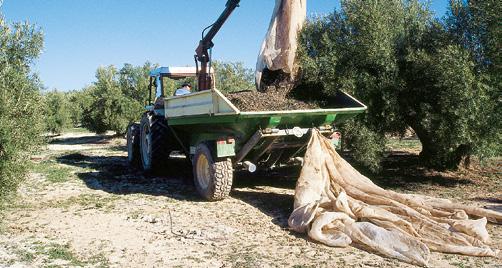
Who takes part in the olive oil making process? Write.
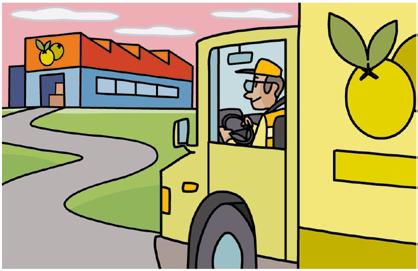
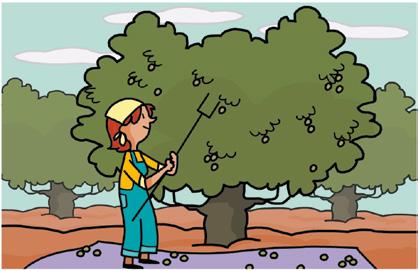
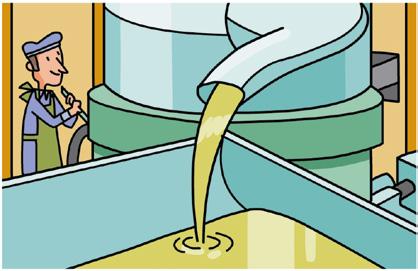
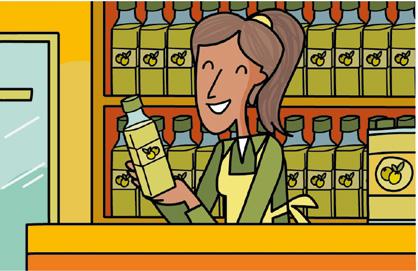

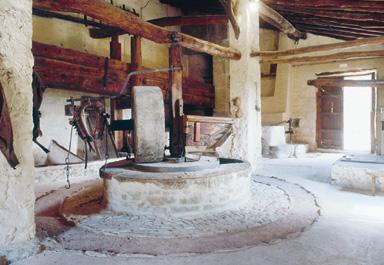
Colour what we use olive oil for.
Putting it

on salads. Cooking an



Watering
Circle how we make oil today.
Can you remember a song from an advertisement?
Advertising informs us about products and services. The media uses billboards in the streets and advertisements.

A slogan is a short and original phrase which tells us about the product in an advertisement.
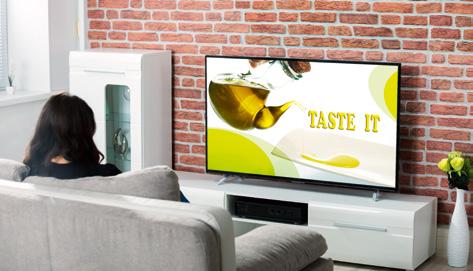
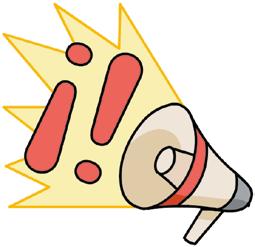

Remember: only buy what you really need.
WorldBook Day
– What does this poster advertise?
– Is it to inform or to offer a product?


23 of April
#World book day
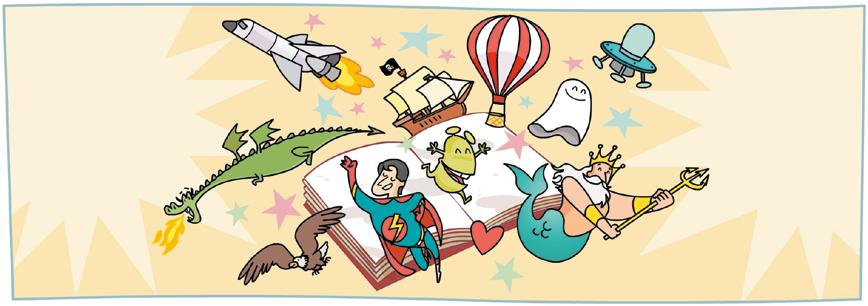
What does this advertisement use? Colour.
Invent a slogan so that your classmates want to sign up for sport activities at school. Ideas to help:
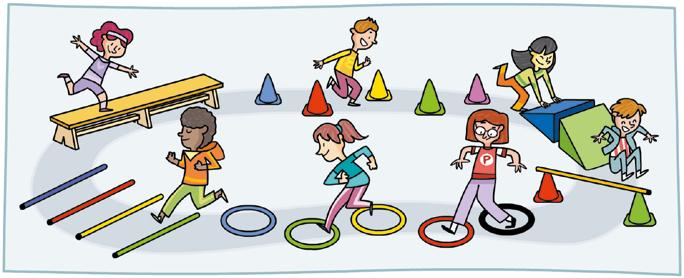
Making an advertisement.
Create a poster or advertisement for this product.




• Choose a means of communication.
• Think about the elements of the poster or advertisement.
• Share it with the class.
• Then, comment if you want to work in advertising and why.
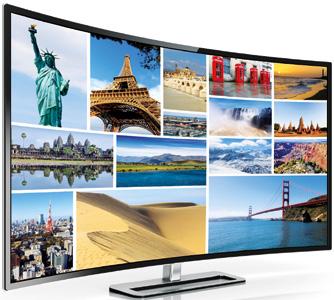

How do you communicate with your friends?



We use different means of communication to inform, communicate and entertain. It can be individual, like the telephone. Or collective, like the television.
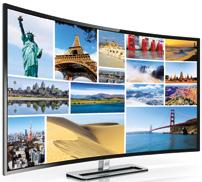
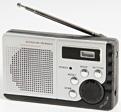




Individual means of communication



Collective means of communication
Look at each example and number accordingly.
1. Informs 2. Communicates 3. Entertains
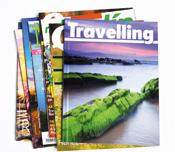
What means of communication do you use? Draw it.
to listen to music to do a project
Circle the five means of communication that you can see. Then, write their names.
Share Colour like this: correct incorrect
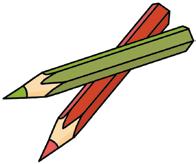



We do a video call to a relative who lives in another city.
We play with the tablet all afternoon to complete a project.
I watch my favourite show on TV.
Listen to the audio at anayaeducacion.es and discover what the news is about.

Take note!
Knowing about different jobs will help you to understand why they are important.
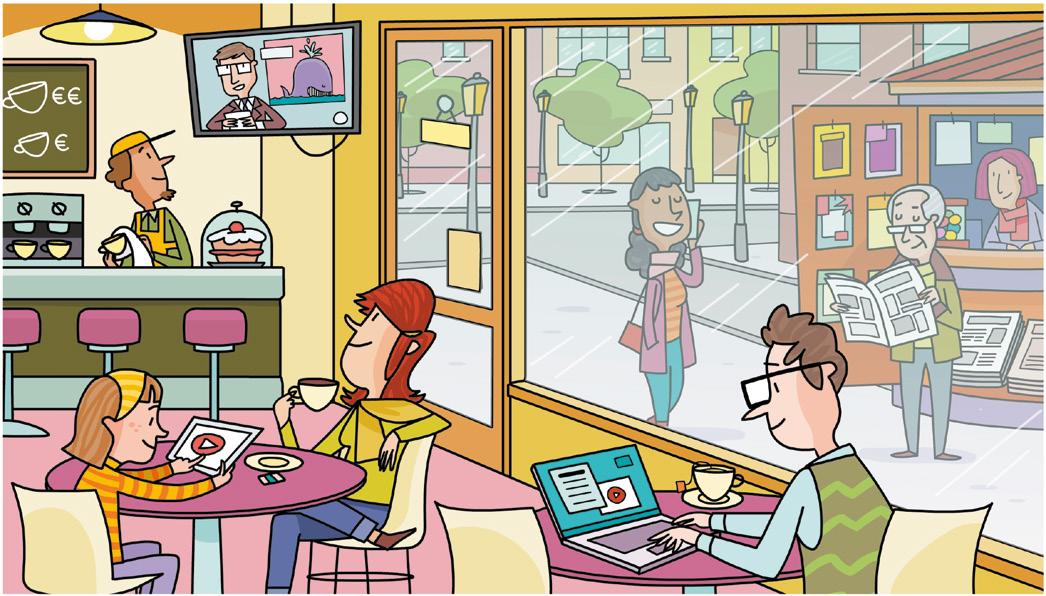
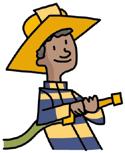
1 Join.
nature.
2 Colour the means of communication like this: individual collective
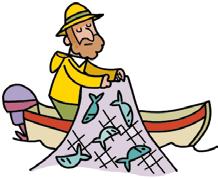
3 Look at this poster and answer:
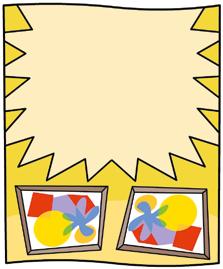
– What does it advertise?
– Does it inform or offer a product?
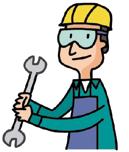

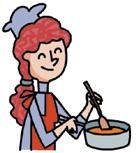

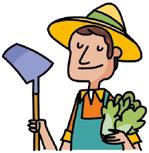


– Does it use music, text or images?

All jobs are important. Can you think why? Consider all the factors.

Why do you think there are so many jobs?
Why do we need factories or workshops?
Valuing all jobs
What jobs are necessary for your school to function well?

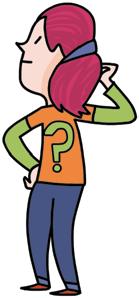
Why is it necessary to have a lot of people in some jobs, for example, in hospitals?
1 Circle how you act in these situations.

Why is it important to value all jobs?

2 How do you feel when there is silence in class? Circle.
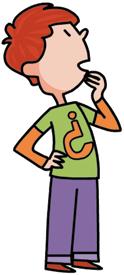

1 Choose an item from each group. Describe the job.
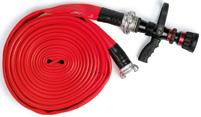
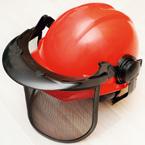
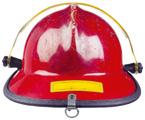

2 Describe the image. Choose from the following words.



painting – sculpture in a museum – outdoors

3 Write P if it is a product and S if it is a service.
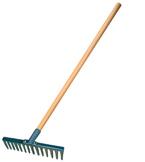
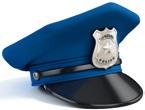
4 Invent a dialogue. Is it a factory or a workshop? Write.

5 Draw a poster to advertise this product. Don't forget the slogan!
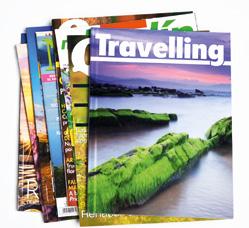


6 Read. Guess which method of communication it is. Circle and write. Raise the antenna and tune in to the station. You can hear good music at all hours to dance to.
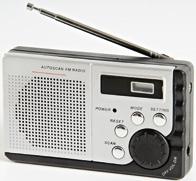

An image is worth more than…
Do you know the products and services in your neighbourhood?
Do you dare to write questions and interview shop owners in the neighbourhood?
Do you think about how a product is made?
In assembly, talk about the products and services in your environment.
What products do you buy in your neighbourhood?

What does it mean to offer a service?

Individually or in a group, choose a business. Include the name of the business and where it is located.
What type of product or service does it offer?
Prepare an interview with two or three questions, such as:

What is your “star” product?
Is it very elaborate?
Why is it better to buy in your store and not in another?
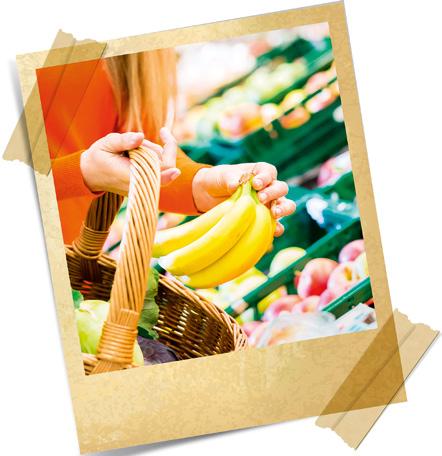
Take a good photo of the
The information from your interview must accompany the photographs. You can share it with the business so that they can hang it on one of their walls.
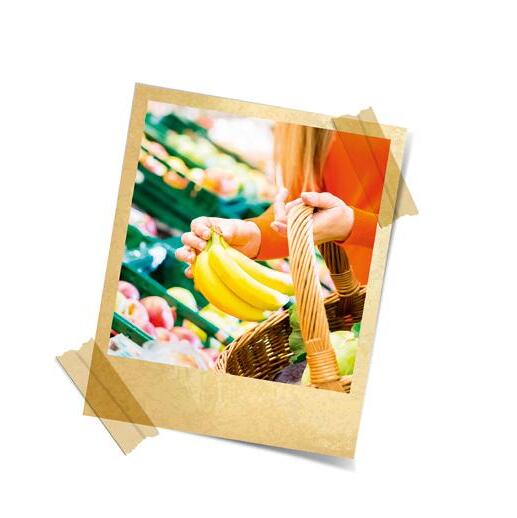
I realise that…
est